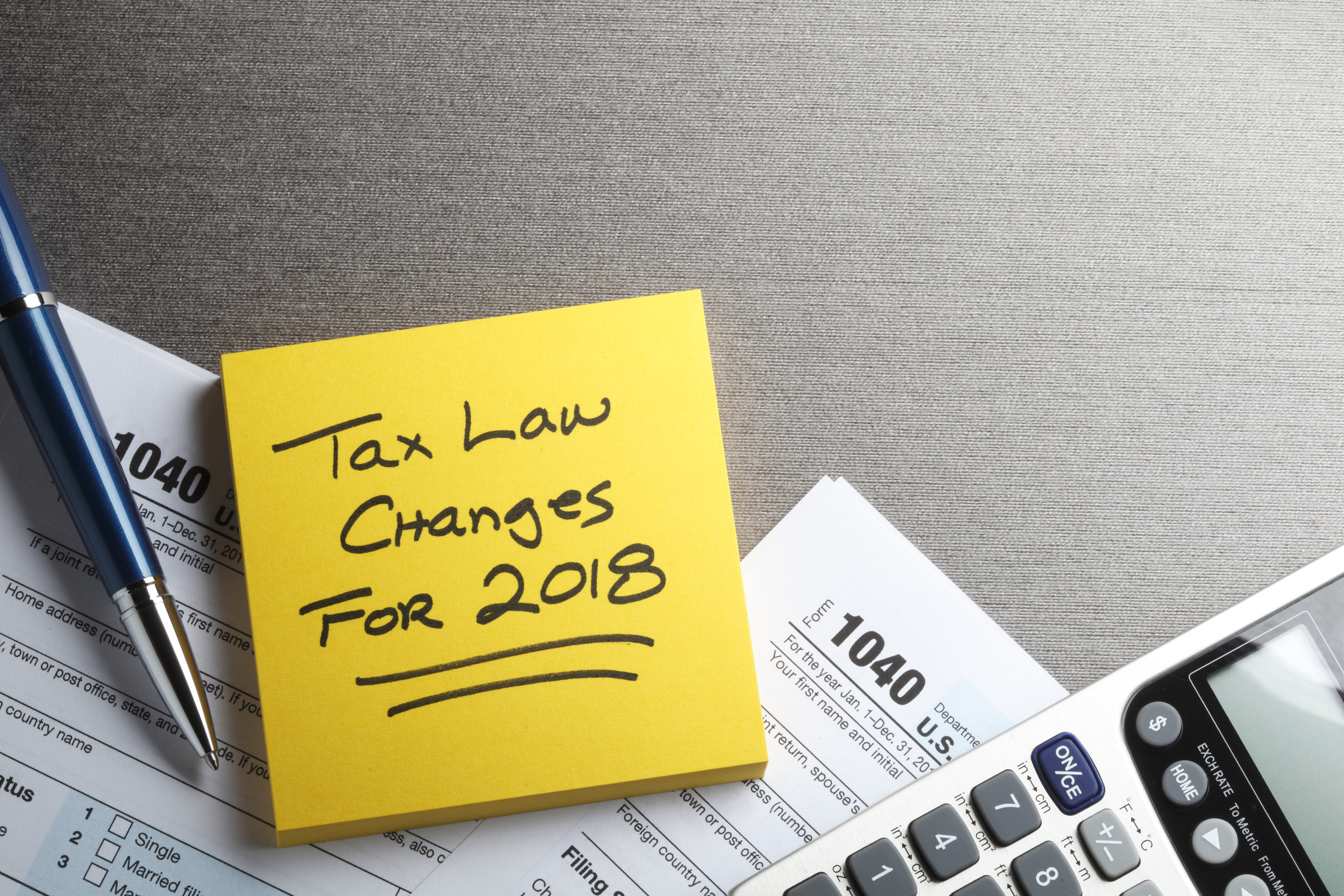.jpeg) The newly signed tax bill, Tax Cuts and Jobs Act, has gone into effect and has significantly limited itemized individual tax deductions that are available to trucking companies and their drivers.
The newly signed tax bill, Tax Cuts and Jobs Act, has gone into effect and has significantly limited itemized individual tax deductions that are available to trucking companies and their drivers.
For over 30 years, trucking fleets have utilized a reimbursement method specific to drivers for travel related expenses. Their deductions are taken from the driver’s gross wages and then reclassified as a pre-tax deduction. They are then added back into the driver’s wages as a non-taxable “per diem” reimbursement. This is done without changing the gross pay of the driver.
OTR (over the road) drivers will be highly impacted, as they will no longer be allowed a tax deduction for unreimbursed business expenses. Because of this, drivers will be required to choose between participating in company paid per diem plans or cover the cost of their travel expenses from after tax income. Because per diem pay is considered reimbursement pay, it does not need to be claimed on tax returns. Higher per diem rates put more money in the driver’s pocket and keeps it there. In addition, trucking companies can turn around and write that reimbursement pay off as an expense.
Some other big news for trucking companies to consider is depreciation and equipment transactions. Previously, bonus depreciation only applied to new property, but it now includes old property as well. From now until the year 2023, equipment purchased by trucking companies that is placed in service will be allowed a 100% write off under the newly revised bonus depreciation rules. Starting in 2023, that 100% write off will decrease 20% each year until it no longer exists at the end of 2026.
Colton Lawrence, owner and president of Equinox Business Solutions suggest to C corporations, “ you don’t want to end up in a situation where one year you’re taking a lot of depreciation for tax purposes, which is great in that one year, but then in the following years, you don’t have any deduction because you’ve already used the depreciation. Then you’re not able to deduct the principle that you’re paying on your notes, and so your tax bill goes way up.”
All Class C corporations will see a big tax break tax with rates and entity tax being reduced from 35% to 21%. The new rate will be effective to corporations whose tax year begins after January 1,, 2018. However, C corporations will still be subject to double-taxation. Meanwhile, S corporation and other pass-through operations will see a new 20% deduction for domestic qualified business income.
It is important for trucking companies and their drivers to understand new tax laws and how best to take advantage of them. There is no “one-size-fits-all” with these new tax laws. Be sure you are making the best choice for your fleet.
Sources
https://www.schencksc.com/education-center/articles/effects-of-tax-reform-on-the-trucking-industry
https://www.thetruckersreport.com/trucker-tax-tips/
https://www.fleetowner.com/finance/tax-law-tips-trucking-2019?NL=FO-01&Issue=FO-01_20190225_FO-01_395&sfvc4enews=42&cl=article_1_b&utm_rid=CPENT000004800862&utm_campaign=23409&utm_medium=email&elq2=da70a0767a5e40aabe52ae8fff71fcd4




